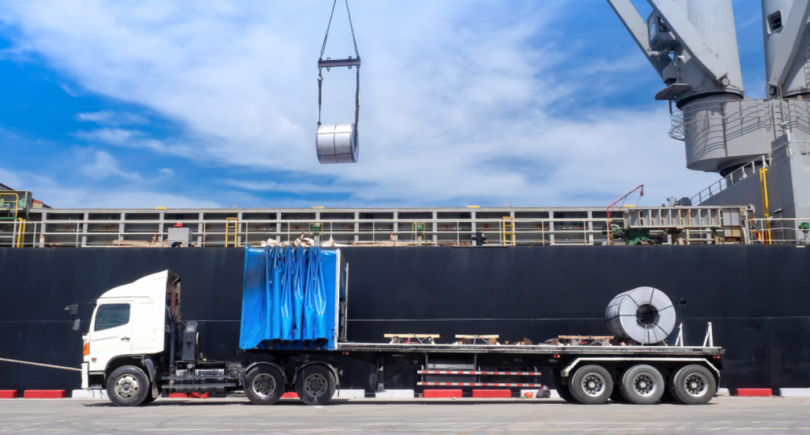
News Global Market CBAM 3182 19 April 2024
The Italian Parliament approved a proposal obliging the government to cooperate with Brussels
The Italian parliament has approved a proposal that obliges the government to cooperate with European institutions to revise certain aspects of the cross-border carbon adjustment mechanism (CBAM). This is stated in the report of the Italian trade association Assofermet.
Among the problems discussed in the Italian Chamber of Deputies, one of the most important was the difficulty of collecting data to be provided to the EC.
«The first deadline – the end of January 2024 – to provide import data for the fourth quarter of 2023, unfortunately, confirmed all our forecasts. It is extremely difficult to find the necessary information from suppliers, and great difficulties arose when entering data into the system. Even today, many producers (from third countries) say they cannot provide a certain amount of data because it is considered extremely confidential,» said Paolo Sangoi, Director of the steel division of Assofermet.
Another problem is the inclusion of raw materials such as pig iron and semi-finished products in CBAM. Finished products made outside the block from the same raw materials can be freely imported. This will increase the cost of raw materials for EU producers, unlike their foreign competitors. According to Sangoi, this is a series of blatant regulatory mistakes – the consequences for the production system and its competitiveness were not taken into account at the research stage.
Assofermet also warns of a real risk of an outflow of manufacturing companies, as some manufacturers will relocate their sites to regions that allow them to operate in an environmentally friendly manner, but with fewer restrictions than in the EU.
Luca Carbonoli, director of Assofermet, expressed hope that given the success of the proposal, the Italian government would be the first to propose the necessary legislative changes. The approval of the proposal by the Chamber of Deputies is considered by the association to be the first step towards an appropriate solution to these issues at the EU level.
As GMK Center reported earlier, only a small number of European companies met the deadline for submitting the first carbon-intensive imports report, which demonstrates further difficulties for the EU in implementing CBAM. During the transitional phase, importers had to submit declarations for the fourth quarter of 2023 by January 31, 2024. At the end of January, the EC granted a 30-day extension to companies that had difficulties submitting the first report due to technical issues.




